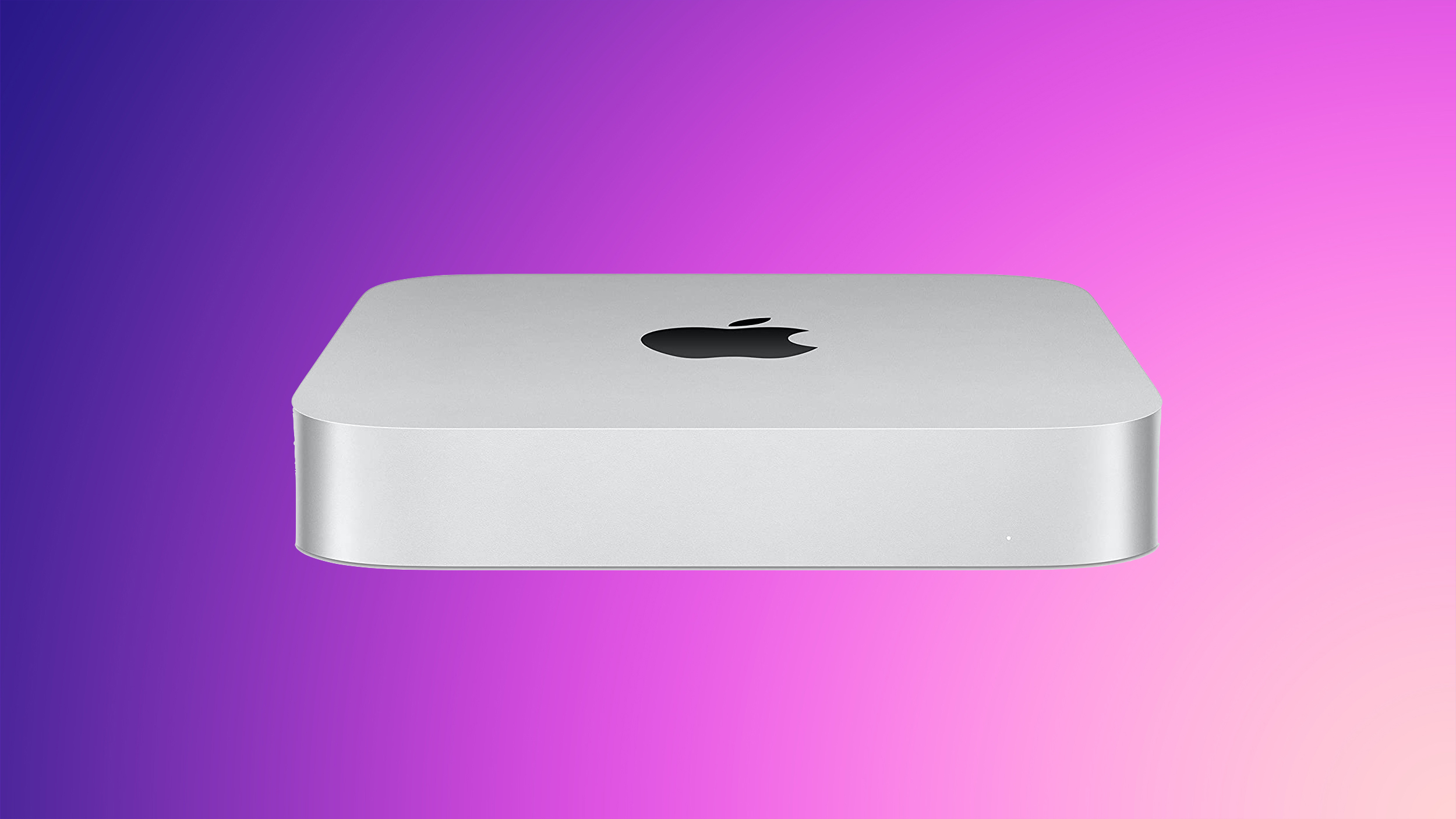Apple may be actively testing an M3 version of the Mac mini, based on specifications found in third-party developer logs and reported by Bloomberg's Mark Gurman.

In his latest Power On newsletter, Gurman said Apple is testing a Mac under model identifier "Mac 15,12" that includes eight CPU cores (consisting of four efficiency cores and four performance cores), 10 graphics processor cores, and 24GB of RAM.
The machine is said to be running macOS Sonoma 14.1, the first point update of Apple's forthcoming operating system, and given the similar specifications to the base M2 Mac mini (bar the existing model's 8GB RAM as standard), Gurman believes it represents a next-generation Mac mini.
In his latest newsletter, Gurman repeated that he expects the first M3-powered Macs to debut as early as October. However, based on previous reporting, he does not expect the Mac mini to be one of the first models with the M3 chip. They are likely to be the 13-inch MacBook Pro, 13-inch MacBook Air, and 24-inch iMac.
Gurman last month said that he did not expect a new Mac mini to emerge until late 2024 at the earliest. If the developer logs do indicate Apple is testing an M3 Mac mini, that could mean we could see it sooner than previously expected. That said, the latest Mac mini models are less than a year old, having been introduced in January 2023.
The M3 chip is widely expected to be fabricated using TSMC's 3nm process for significant performance and power efficiency improvements compared to the 5nm-based M2 chip in existing devices.
This article, "Apple May Be Testing an M3 Mac Mini, Based on Developer Logs" first appeared on MacRumors.com
Discuss this article in our forums
Source: TechRadar

In his latest Power On newsletter, Gurman said Apple is testing a Mac under model identifier "Mac 15,12" that includes eight CPU cores (consisting of four efficiency cores and four performance cores), 10 graphics processor cores, and 24GB of RAM.
The machine is said to be running macOS Sonoma 14.1, the first point update of Apple's forthcoming operating system, and given the similar specifications to the base M2 Mac mini (bar the existing model's 8GB RAM as standard), Gurman believes it represents a next-generation Mac mini.
In his latest newsletter, Gurman repeated that he expects the first M3-powered Macs to debut as early as October. However, based on previous reporting, he does not expect the Mac mini to be one of the first models with the M3 chip. They are likely to be the 13-inch MacBook Pro, 13-inch MacBook Air, and 24-inch iMac.
Gurman last month said that he did not expect a new Mac mini to emerge until late 2024 at the earliest. If the developer logs do indicate Apple is testing an M3 Mac mini, that could mean we could see it sooner than previously expected. That said, the latest Mac mini models are less than a year old, having been introduced in January 2023.
The M3 chip is widely expected to be fabricated using TSMC's 3nm process for significant performance and power efficiency improvements compared to the 5nm-based M2 chip in existing devices.
Related Roundup: Mac mini
Tags: Mark Gurman, M3
Buyer's Guide: Mac Mini (Buy Now)
Related Forum: Mac mini
This article, "Apple May Be Testing an M3 Mac Mini, Based on Developer Logs" first appeared on MacRumors.com
Discuss this article in our forums
Source: TechRadar